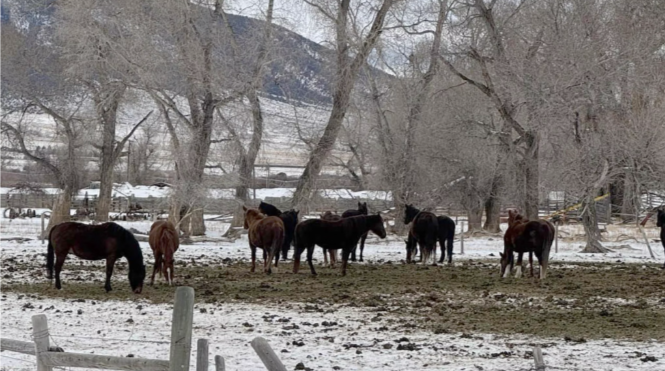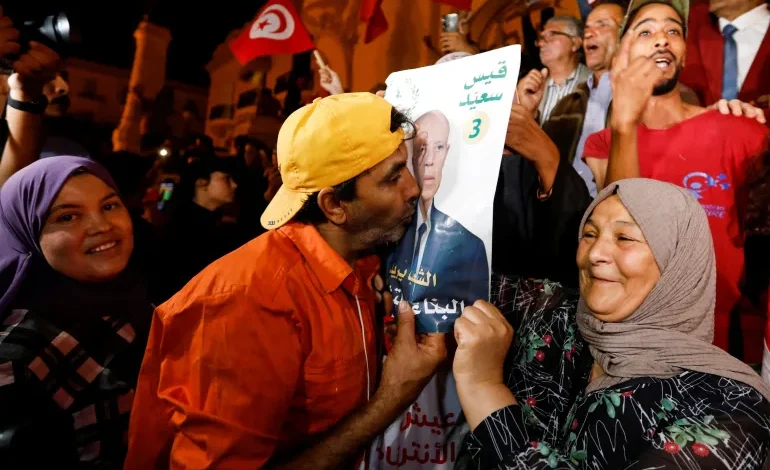Incumbent President Kais Saied has secured a landslide victory in Tunisia’s presidential election, with preliminary results suggesting a staggering 90.7% of the vote in his favor. However, the victory comes amid a backdrop of controversy, marked by a strikingly low voter turnout of just 28.8% and widespread accusations of electoral irregularities, Al Jazeera reports.
The election, characterized by a deeply divided political landscape and a crackdown on dissent, saw Saied’s opponents largely sidelined. Three of the 17 candidates initially vying for the presidency were disqualified by the electoral authority, with the subsequent appeals of three rejected candidates ultimately being dismissed.
One of the three permitted to run, Ayachi Zammel, was arrested early in September and sentenced to 12 years in prison for falsifying his electoral papers. This conviction further underscored the prevailing climate of repression, where numerous politicians and party leaders, including prominent figures like Abir Moussi and Rached Ghannouchi, are currently incarcerated.
The build-up to the election was marred by public protests against Saied’s perceived authoritarianism. Demonstrators accused him of cracking down on civil society, suppressing free speech, and utilizing lawfare to silence his critics. The election itself has been heavily criticized by human rights organizations and activists who condemned the restrictions placed on opposition candidates.
Following the release of preliminary results, Saied, whose government has received substantial aid from the European Union, declared the election a continuation of the 2011 revolution. He vowed to “cleanse the country of the corrupt, traitors and conspirators.”
While the EU has yet to publicly comment on Saied’s victory, it is unlikely to condemn the election or the preceding wave of arrests. The EU has prioritized combating irregular migration from Tunisia, and Saied’s government has touted its success in intercepting over 21,000 individuals attempting to reach Europe in the first quarter of 2023 alone.
However, the EU’s silence in the face of Saied’s consolidated power is likely to draw criticism from human rights groups concerned about the shrinking democratic space in Tunisia.








